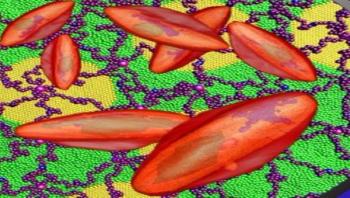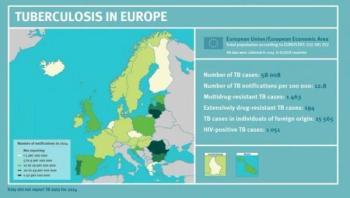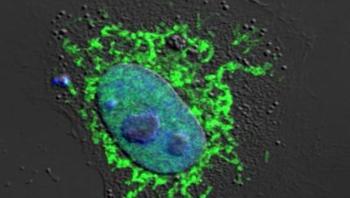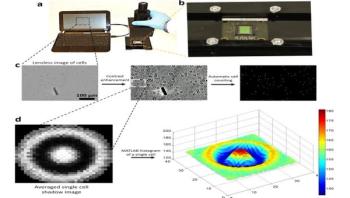
Responding to the needs of healthcare facilities to prevent healthcare-associated infections (HAIs), Kenall Manufacturing has introduced a new line of Indigo-Clean™ light fixtures specifically designed for operating rooms. Indigo-Clean™ operating room (OR) light fixtures provide bright, high-quality, white light to illuminate the surgical field, while continuously disinfecting the environment. The announcement was made at the Association for Professionals in Infection Control and Epidemiology (APIC) Spring Academy being held this week in San Diego.










